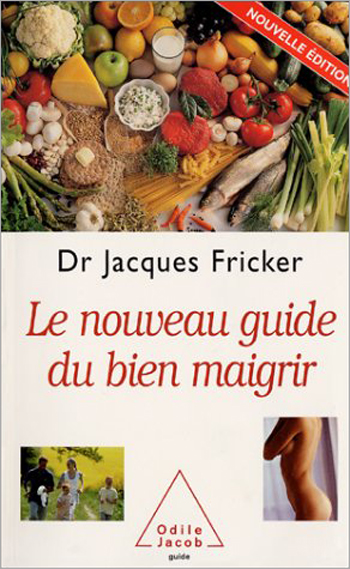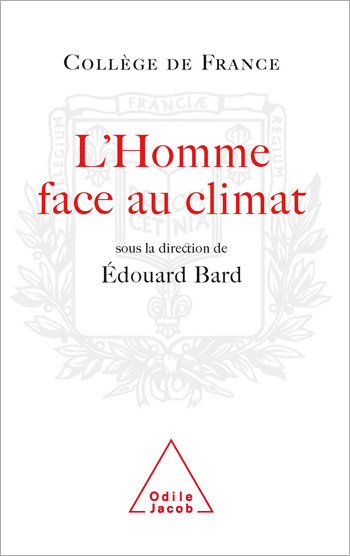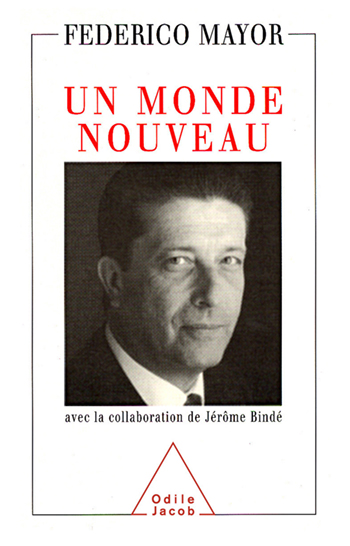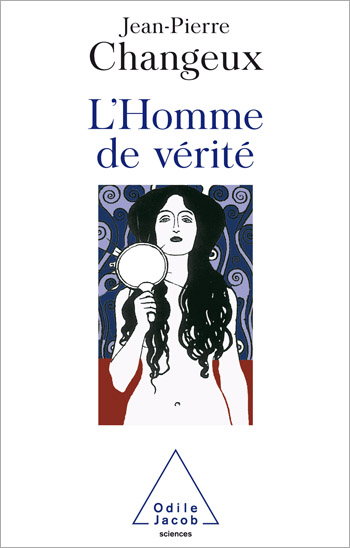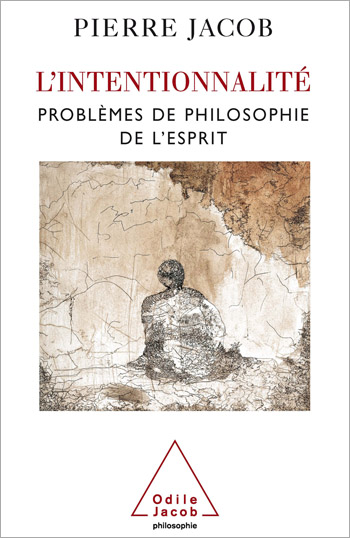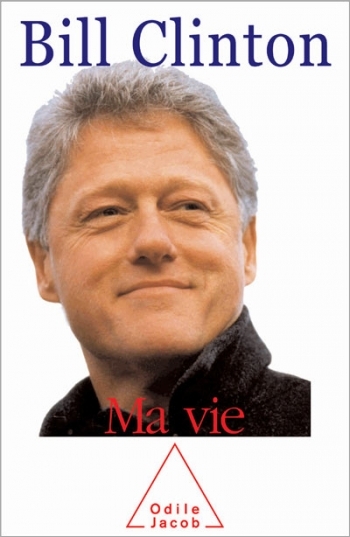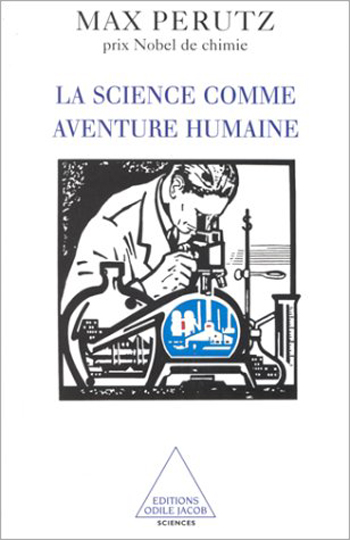Catalog All books
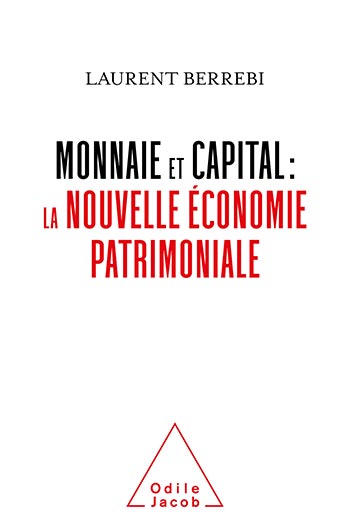
Laurent Berrebi
Currency and Capital The New Patrimonial Economy
A very ambitious book: it proposes nothing short of a new theoretical economic model, going beyond both classic economics and the Keynesian model.

Paul-Henri Rebut
Energy of the Stars Controlled Nuclear Fusion
Nuclear fusion can be likened to God or the devil. Out there among the stars, it is godlike, creating atoms and giving birth to life. But down below, on earth, nuclear fusion is the devil: it has been used to make bombs that can annihilate everything, including all forms of life. Now that the devil of thermonuclear destruction seems to have been locked back in its box, nuclear fusion kept under tight control in civil reactors offers the hope for long-term economic development. Isnt it the only inexhaustible, non-polluting form of energy that offers no limits except that of human technical knowledge? Paul-Henri Rebut is a member of the Academy of Science.
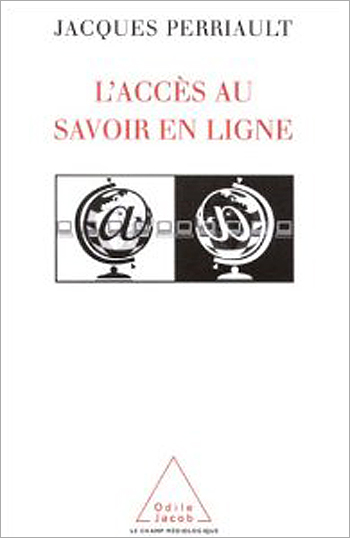
Jacques Perriault
Access to Online Knowledge
It is now possible to research and organise information and study online, through the Internet and with the help of satellites. However, the euphoric claims made for e-learning in the past, and the posturing strategies of telecommunications operators, were followed by a profound feeling of disillusion. What is the digital future ? What role can it play in education ? What measures need to be put in place in order to ensure long-lasting development ? Jacques Perriault teaches media and communications studies at the University of Paris-X-Nanterre.

Jacques Lesourne, Denis Randet
Research and Innovation in France FutuRIS 2014-2015
The latest on research and innovation in France, described in the ninth edition of FutuRIS’s yearbook
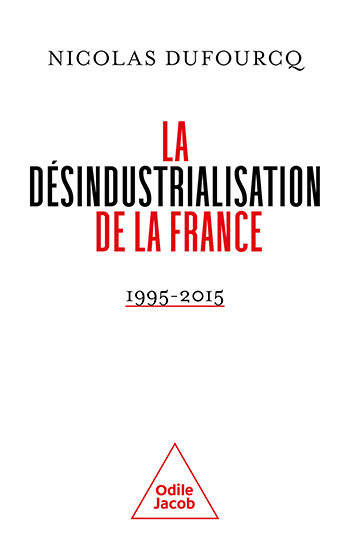
Nicolas Dufourcq
Deindustrialization in France Looking Back on 30 Years
High-profile contributors (including Laurence Boon, Pascal Lamy and Jean-Claude Trichet) provide captivating perspectives (special mention for Alain Madelin!) in a jargon-free style, especially from the entrepreneurs.

